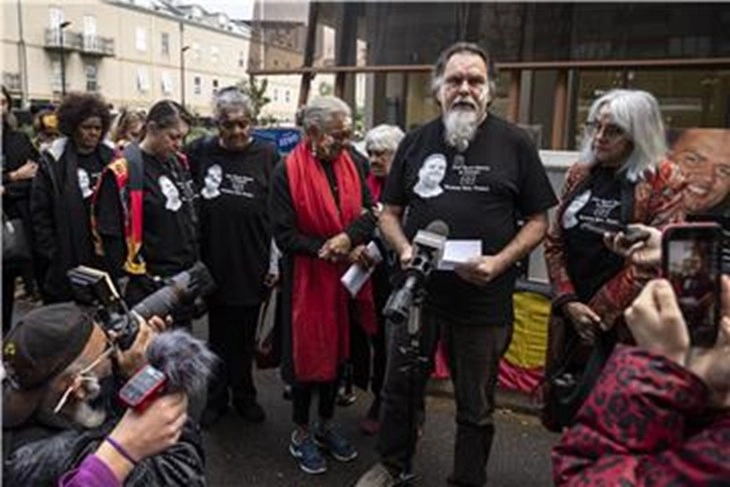Australia to make payments, apologies to Stolen Generation members

Sydney, 5 August 2021 (dpa/MIA) - Australia's government has set aside 378.6 million Australian dollars (280 million US dollars) in reparations for members of the country's Stolen Generation - Indigenous people who were removed from their families in an effort to mainstream them into Australian society.
Thousands of such children were taken from their families between 1910 and 1970, in an effort to "re-educate" them and help them fit better into the society of European migrants who had set up colonies and cities there. Some were taken in by private homes, others by Christian missions.
The move has since come to be seen as an attempt to eradicate Indigenous society.
“This announcement reflects the government’s commitment to recognise and acknowledge the wrongs of the past as part of the nation’s journey to reconciliation, and this scheme represents a major step forward towards healing," read a statement by Minister for Indigenous Australians Ken Wyatt.
Surviving members of the Stolen Generation will be eligible for 75,000 dollars each as recognition for the harm caused by their removal, as well as for 7,000 dollars in "healing assistance."
Those affected will also be given a chance to "confidentially" tell their story to a government official and get an apology, either in person or in writing.
Applications can be made starting on March 1 and will be accepted through June 2026.
Representatives of Indigenous groups spoke of a "very emotional" day.
"It's been a very, very long fight to reach this stage," Maisie Austin, head of the Northern Territory's Stolen Generations Aboriginal Corporation told broadcaster ABC.
"A lot of our Stolen Generations people felt that they'd never win the fight, that the government would wait until they all died before they did anything."
By some estimates, 10 to 30 per cent of Australia's Indigenous population - which includes members of the Aboriginal and Torres Strait communities - was affected by the scheme to raise children in white culture.
Many now say they feel comfortable in neither their native culture or white culture. Rates of alcohol and drug abuse are especially high in these people and their children.







